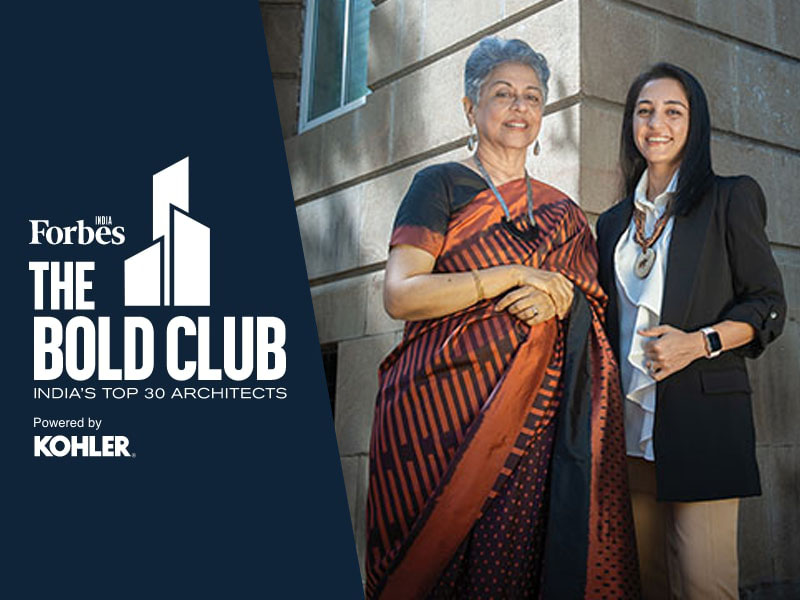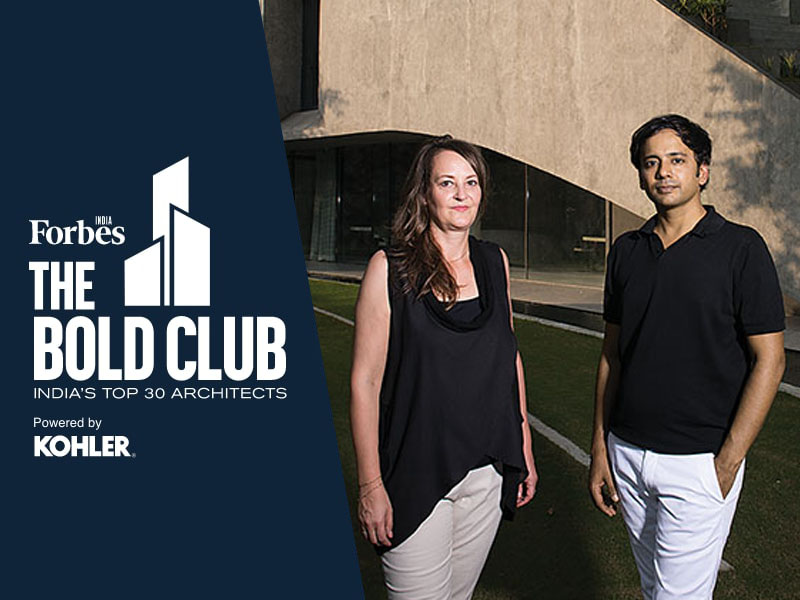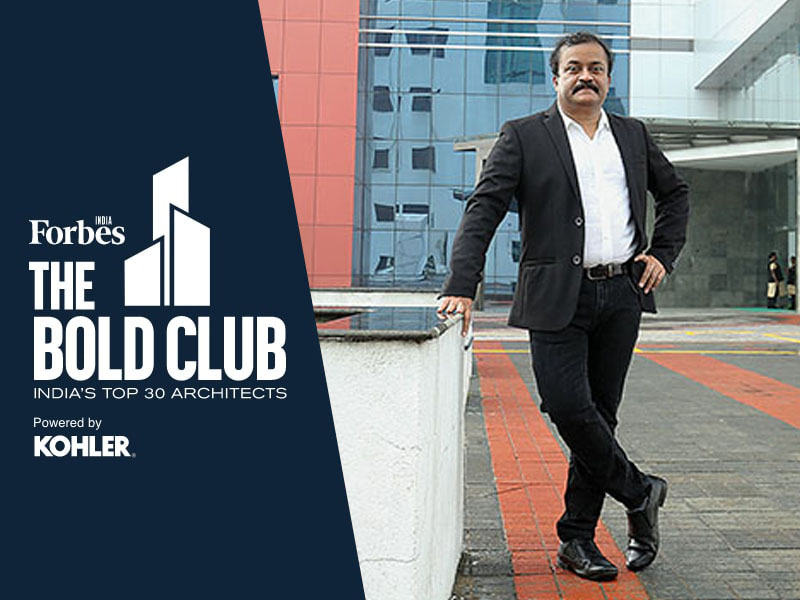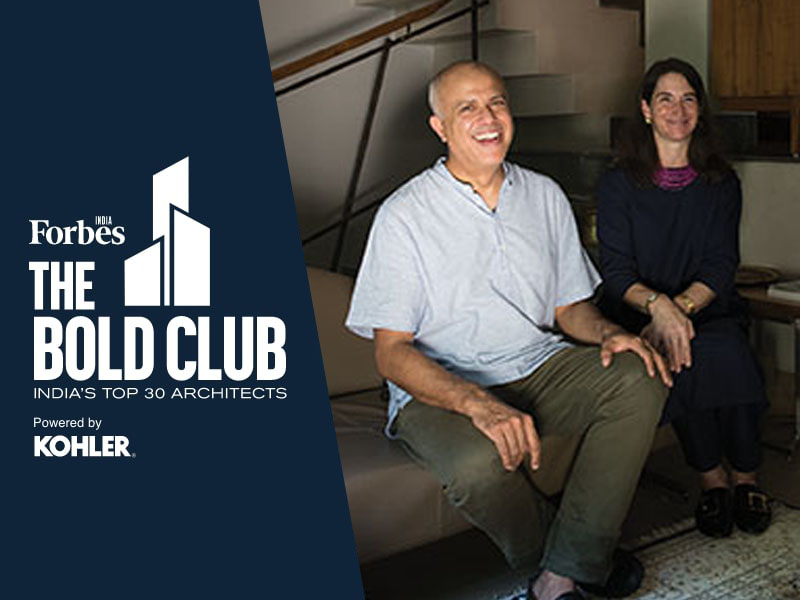Studio Symbiosis
Architect Amit Gupta has always been mesmerised by nature and has a strong desire to protect it. He has been on a mission to create sustainable and smart buildings since establishing Studio Symbiosis, a multi-disciplinary architecture and design studio, with his wife Britta Knobel Gupta in 2010 in the UK.
Architecture has provided them with an outlet to design systems that exist in harmony with their surroundings in an eco-conscious way. “Creating a sustainable future is imbibed in our designs,” says Gupta. “We look at creating iterative systems to create the most efficient and design solution for a given site.”
From design to execution, the firm utilises digital tools and techniques to incorporate sustainable design strategies to have a minimal impact on nature. The Punjab Kesari headquarters is a project that reflects their design philosophy. “With this project, we started exploring computational techniques to create sustainable architecture,” says Gupta.
ID Origins in Mumbai Central, Hilton Kathmandu, and the Gwalior and Bengaluru railway stations are some of the projects that were conjured up with an iterative design process that is an amalgamation of “form and function”.
The multi-award-winning firm has now moved its base and operates out of Delhi-NCR and Stuttgart, Germany, working on a range of projects—master plans, railway stations, villas, housing, and hospitality.
One of their 40 live projects includes an 890-acre biodiversity park in Delhi, which will be the second-biggest in the world upon completion.
Gupta believes performance-based architecture is the way forward to design structures that stand true to the time they are built in and “ensures a responsibility to the reduction of the global carbon footprint”.
By Darielle Britto

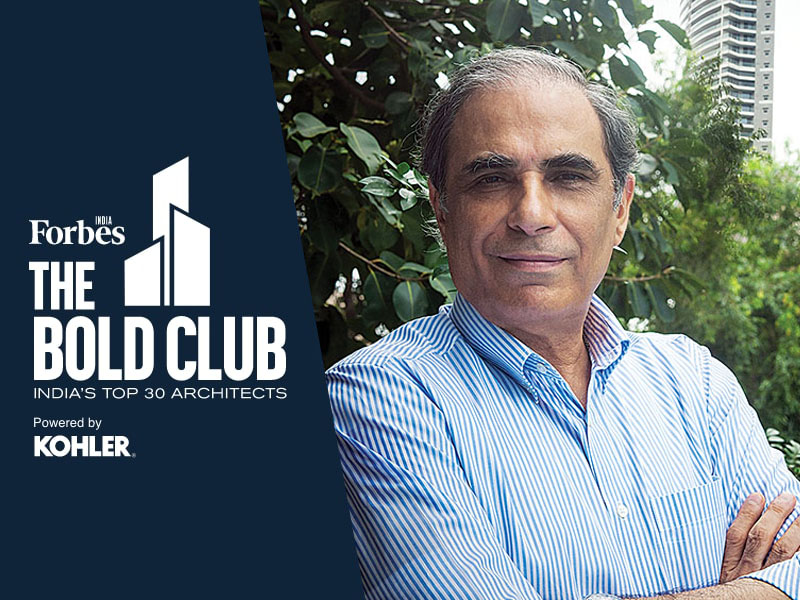
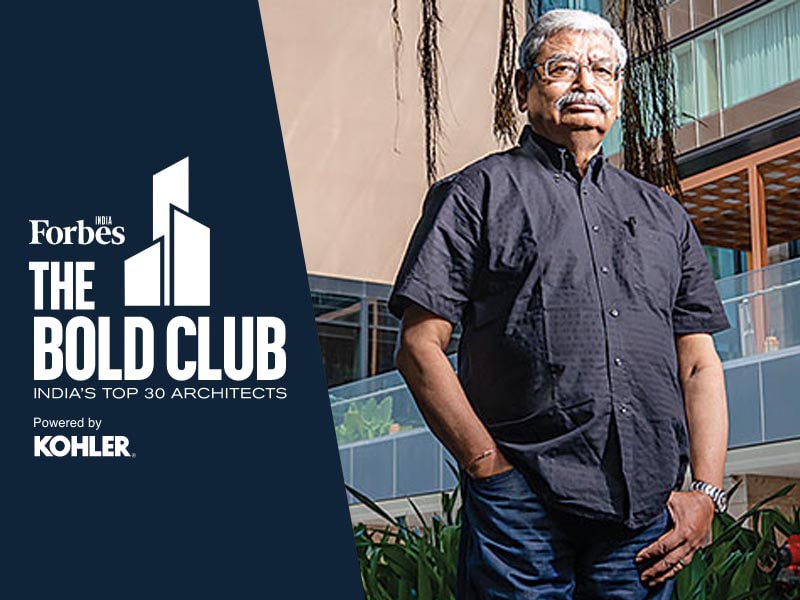
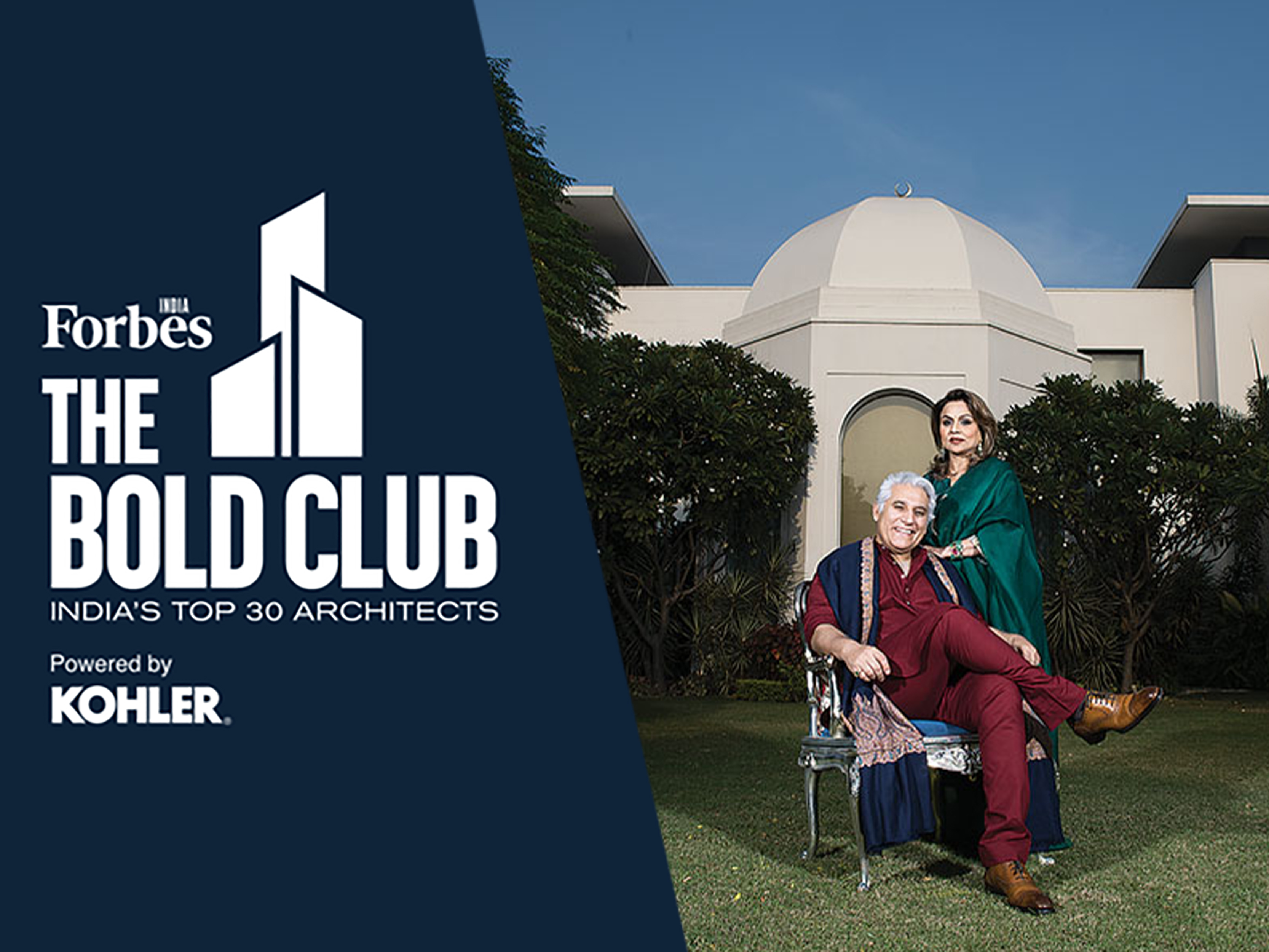
 Pvt LtD.jpg)
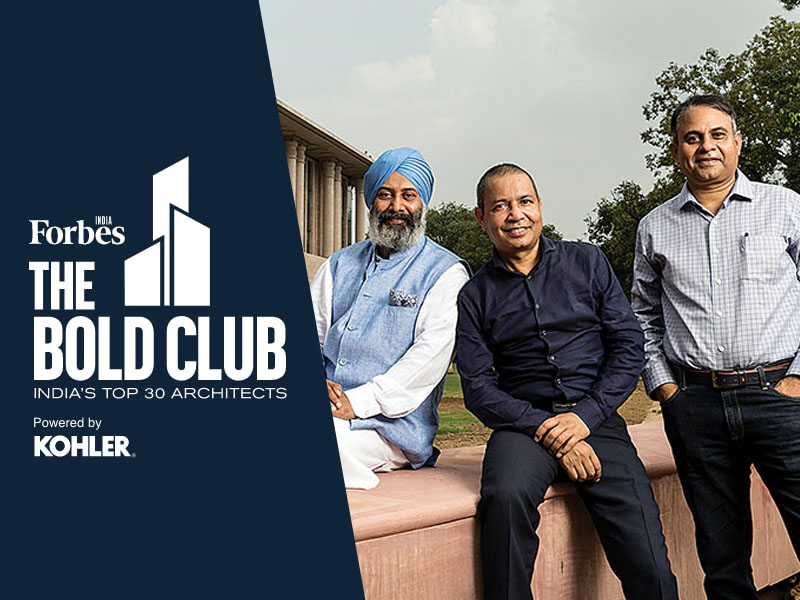
.jpg)


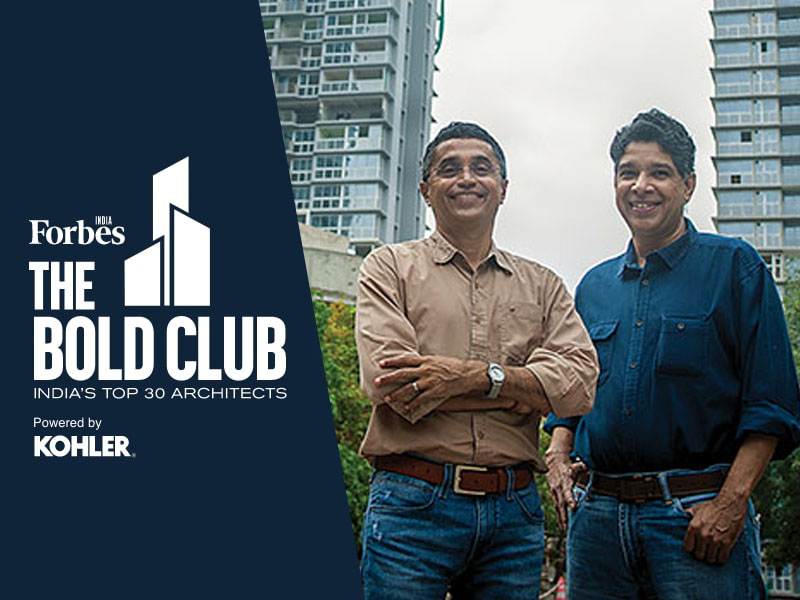
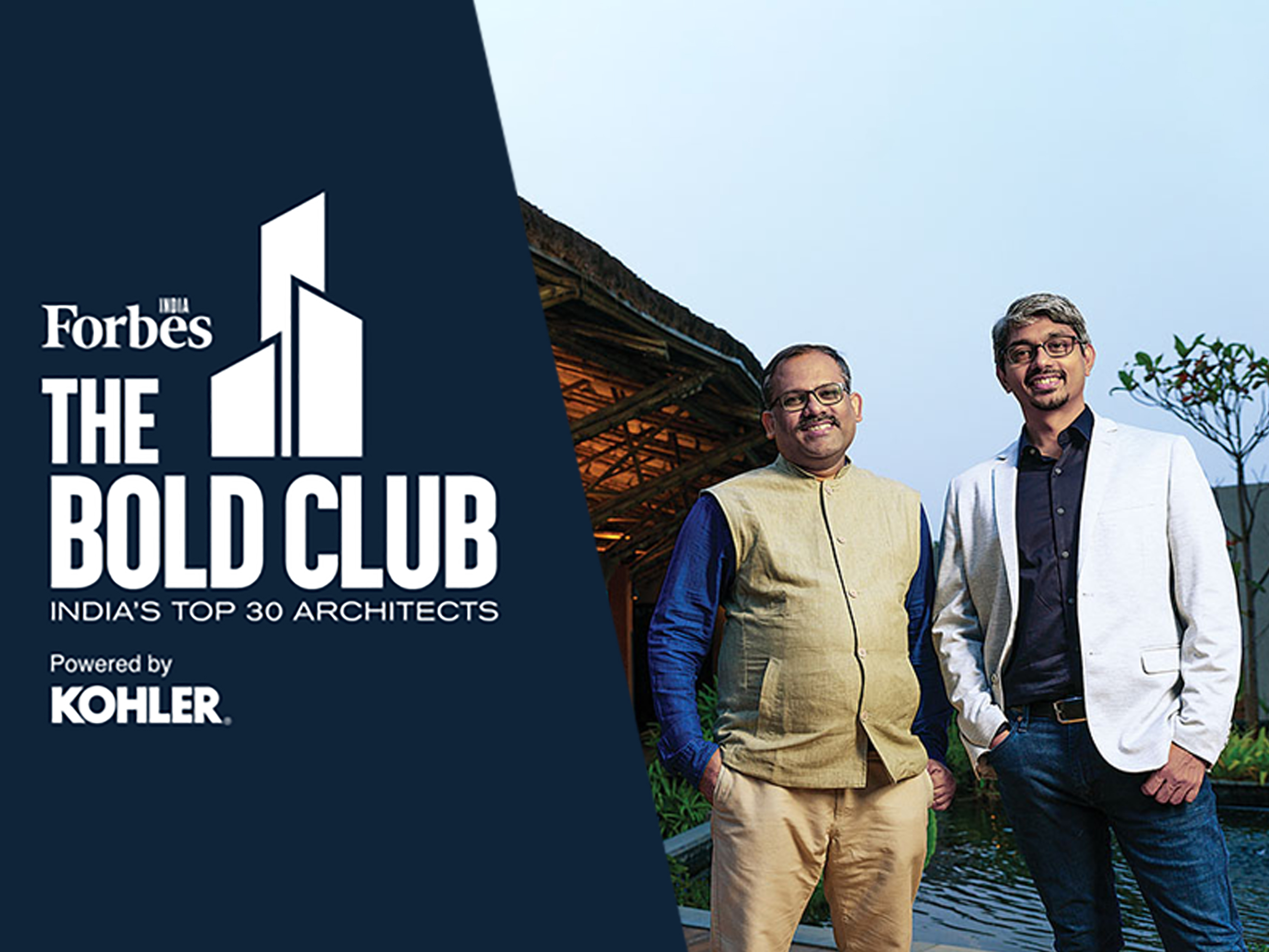
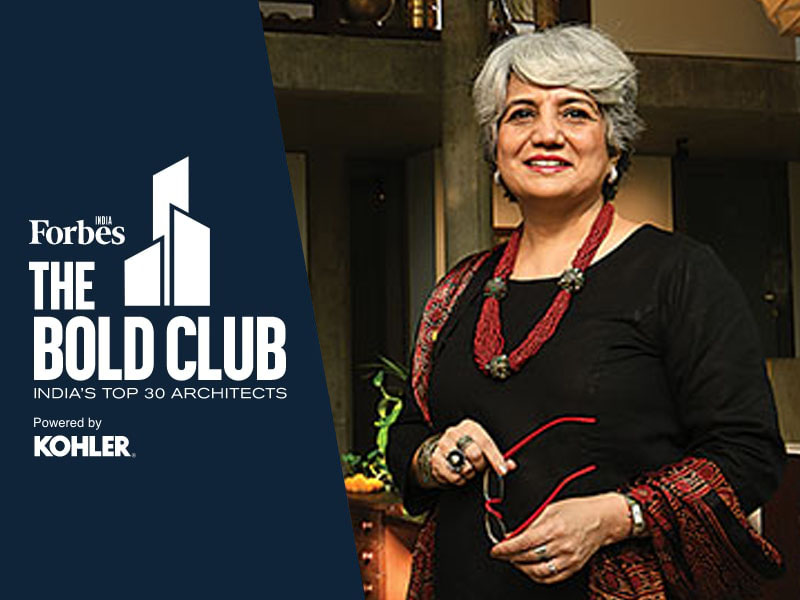
.jpg)
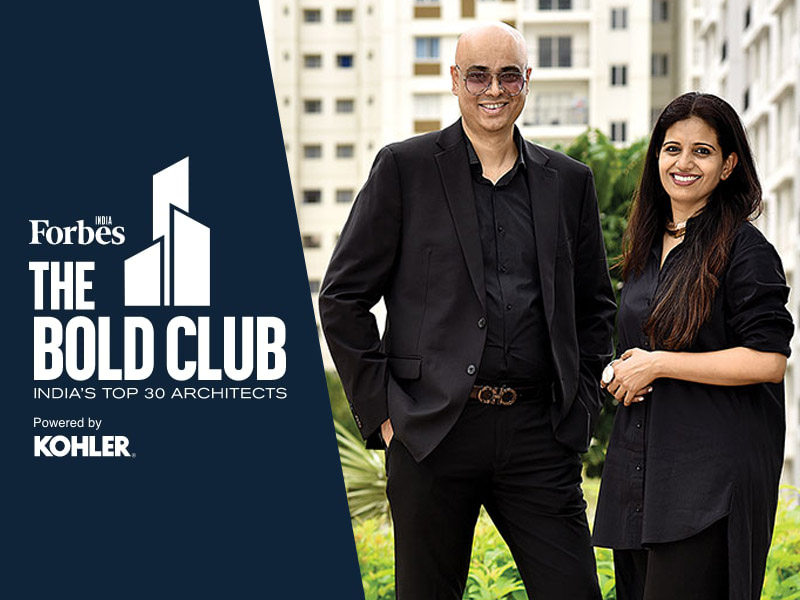


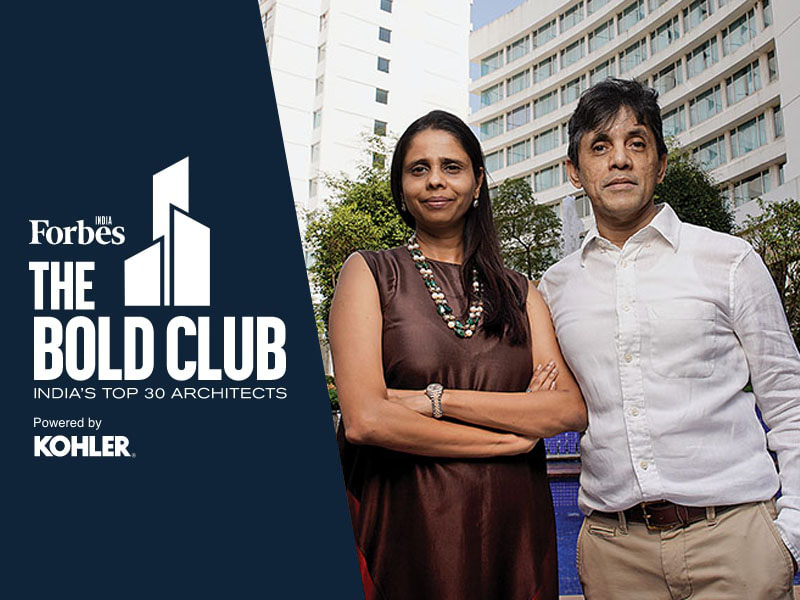
 Pvt Ltd.jpg)
.jpg)
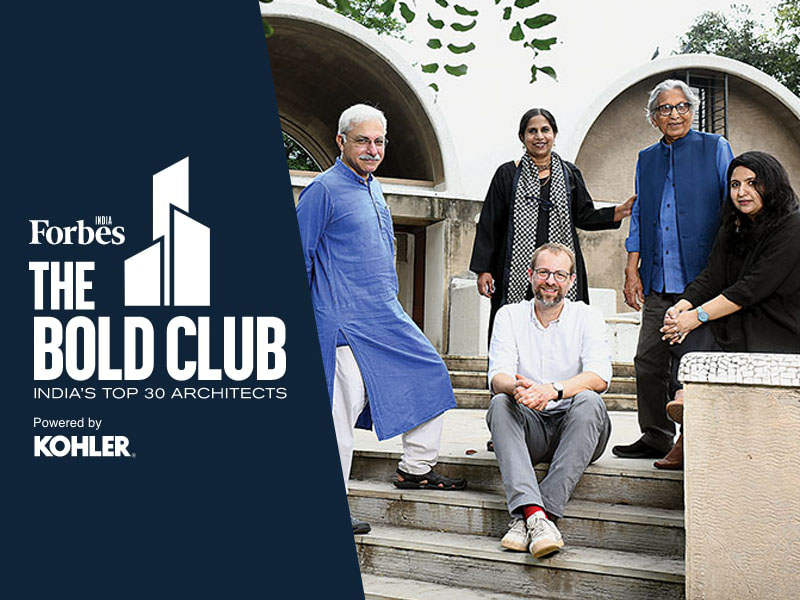
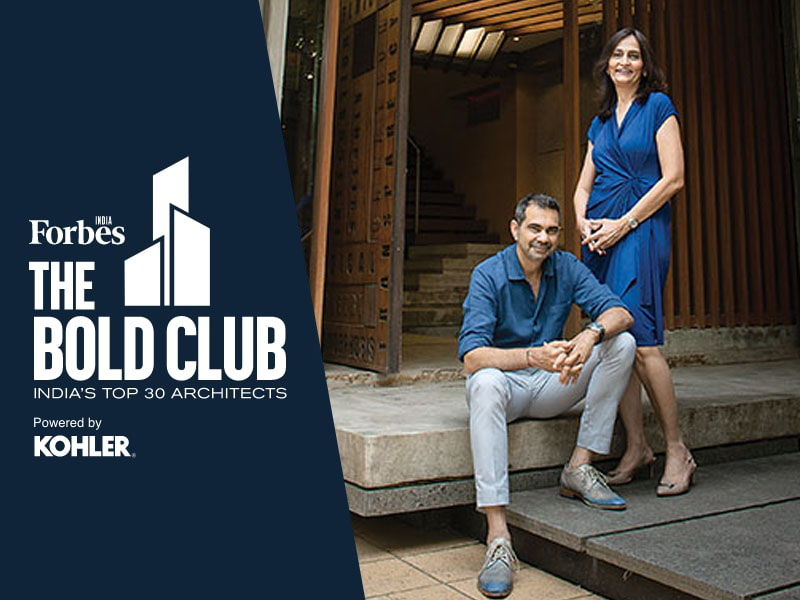
.jpg)
